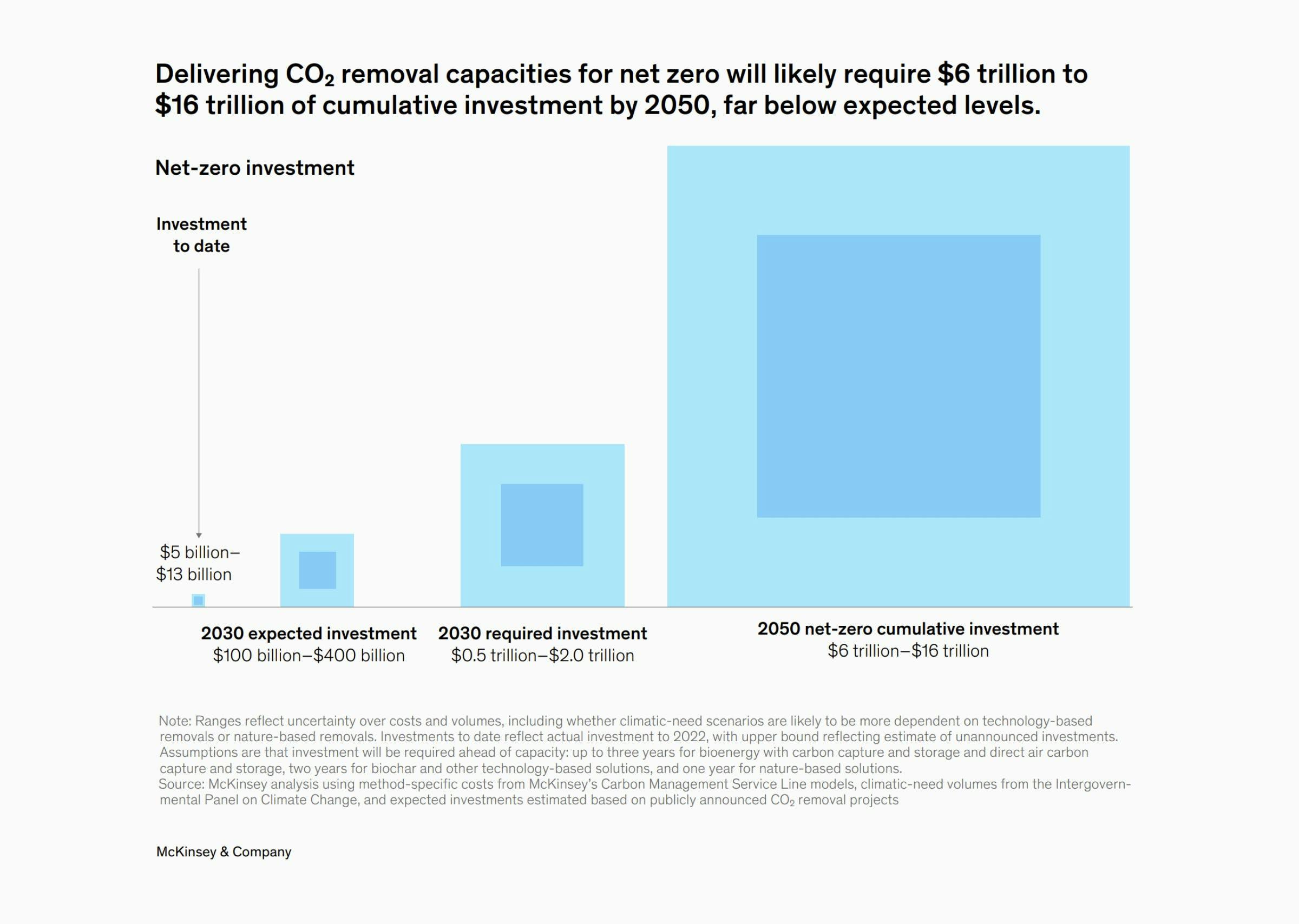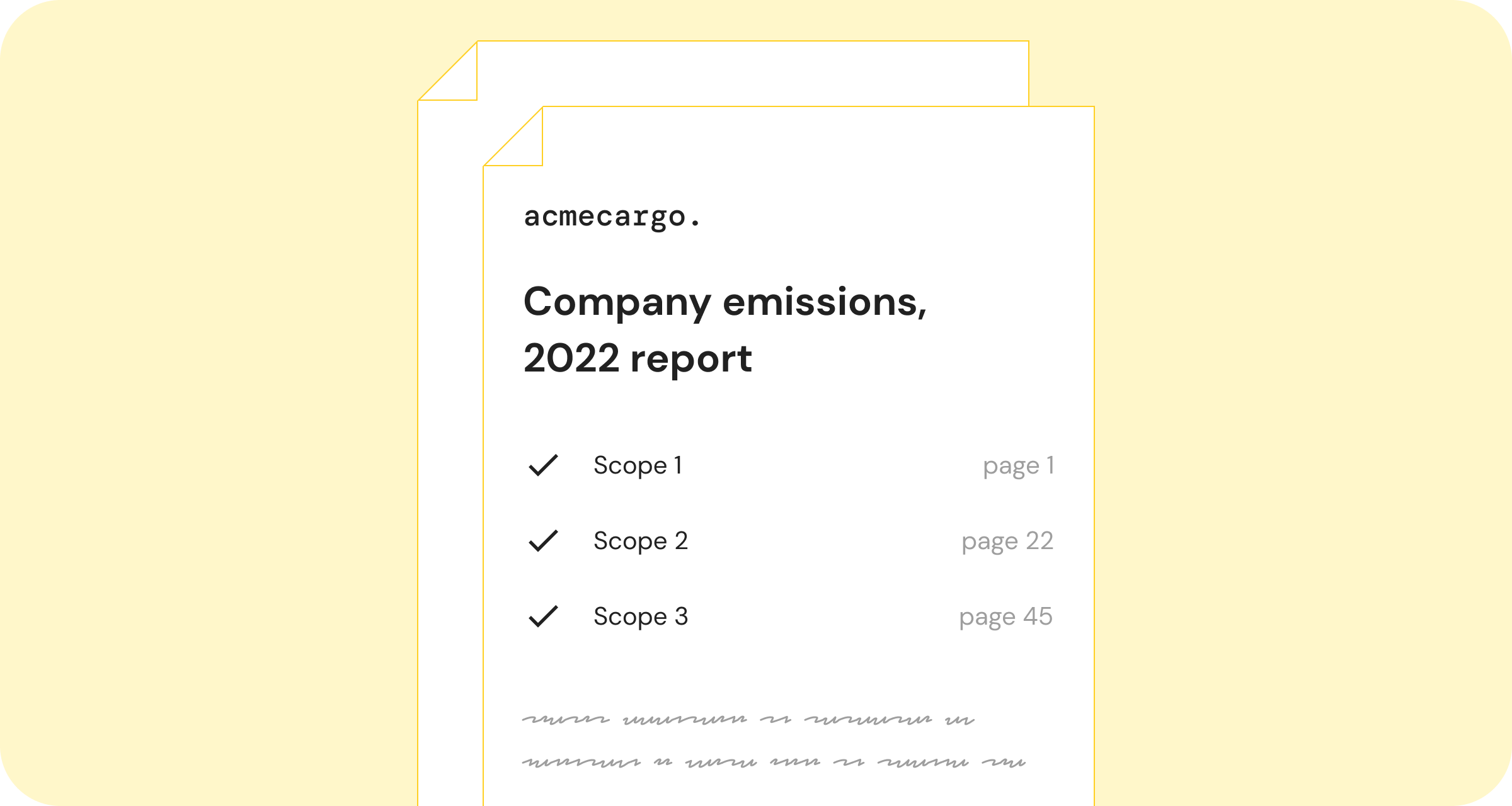
In May, hundreds of transport trailblazers, logistic leaders, and aerospace aficionados descended on Amsterdam for the 2024 SAF Congress. SAF (Sustainable Aviation Fuel) Congress is Europe's biggest aviation decarbonising event.
Aviation has contributed to 4% of global warming to date. Decarbonising the industry is a mammoth, yet essential task. SAF Congress allows experts to put their heads together and tackle it collectively. To my delight, I was invited to attend, listen to the latest insights, and join the panel discussion "Reducing Carbon Footprint & Measuring All of the Scopes (1, 2, and 3): Effectively Accounting and Reporting GHG Emissions."
The osmosis of ideas is what moves the industry towards a sustainable future. Here are my key takeaways for sustainable aviation pioneers who couldn’t attend.
1. Regulation and incentives are both crucial to driving change
One of the standout themes was the critical need for clear regulations and incentives to promote SAF adoption. Ensuring minimum standards for production, certification bodies, and robust support from authorities is essential for the growth of SAF.
Much debate was over whether regulatory approaches should use this stick approach, as opposed to the carrot which has successfully driven the green transition elsewhere. For instance, the US Inflation Reduction Act turbocharged the adoption of Capture Capture and Storage technologies by offering tax incentives. How can we do both?
2. Investment and scaling technology
Achieving net zero by 2050 requires significant investment in technology and infrastructure. Technologies like PTL (Power to Liquids) and DAC can only scale with substantial financial backing.
Collaboration among SAF producers, airlines, and financial institutions is necessary. However, the challenge remains: PTL is more expensive than conventional SAF sourced from second-generation waste, and its availability is limited, posing a scarcity risk. If we want the mass market to adopt low carbon solutions, they must be more viable than their carbon intensive counterparts.

Subscribe for the latest insights into driving climate positivity
3. Logistics and sourcing sustainability
Delivering SAF to airports and negotiating its supply across multiple countries presents major logistical challenges. A challenge which in turn generates even more emissions. Our generation needs to solve these problems, today. By definition, a solution creating more problems for future generations is not sustainable.
4. Educating the market, creatively
Educating customers and the market about the value of SAF is crucial for fostering understanding and commitment. Creative approaches, like offering more loyalty points for passengers who pay an extra cost to contribute to SAF, can drive customer investment.

5. Policy and consumer perception
Policies at forums like COP28 underscore the necessity for sustainable practices in aviation. However, there is widespread confusion and fear about communicating SAF efforts due to concerns about greenwashing and regulatory ambiguities.
Clear definitions and guidance are needed to ensure consumer protection and support sustainable practices. Airlines must lead the way and confidently communicate their sustainability initiatives.
6. Challenges in data collection
During our panel discussion, one of the major hurdles to reporting emissions and therefore decarbonising is the lack of data inputs. Alongside Celine Hourcade, Radhika Ralhan (independent advisor, former sustainability lead at Fedex) and Martijn Smeets (Cofounder of CargoClub, a partner of Lune), we identified that this was a particular problem with outsourcing and opaque suppliers.
 SAF Congress 2024 panel: Reducing Carbon Footprint & Measuring All of the Scopes (1, 2, and 3): Effectively Accounting and Reporting GHG Emissions. Featuring Celine Hourcade, Radhika Ralhan (independent advisor, former sustainability lead at Fedex) and Martijn Smeets (Co-founder of CargoClub, a partner of Lune).
SAF Congress 2024 panel: Reducing Carbon Footprint & Measuring All of the Scopes (1, 2, and 3): Effectively Accounting and Reporting GHG Emissions. Featuring Celine Hourcade, Radhika Ralhan (independent advisor, former sustainability lead at Fedex) and Martijn Smeets (Co-founder of CargoClub, a partner of Lune).The problem results in poor-quality data that becomes useless. Harmonisation, technology, and the use of certified methodologies, like those compliant with ISO standards, are necessary to improve data quality.
The potential of book and claim
The “Book and Claim” approach is an accounting system that allow logistic players to fund an emissions reduction or removal, regardless of the physical location of their freight. For example you can claim for the emission reduction generated by a biofuel sea inset, even if your cargo isn't transported by the biofuelled vessel. In logistics it can significantly impact carbon reduction efforts.
However, only high quality insets advance net zero. We must prioritise quality insets, such as biofuels, and ensure transparency through digitalisation and traceability of certifications to truly move the needle on climate change.
Drive revenue by embedding climate action with Lune
The key to advancing sustainability in aviation lies in leveraging technology, like Lune’s, to deliver quality, speed, automation, and reliability. Efficient and accurate reporting, driven by robust frameworks and collaboration, will propel the industry towards its net zero goals.
The time to act is now, even if our strategies are not yet perfect. Progress is achieved step by step, with each effort bringing us closer to a sustainable future. By embracing these insights and solutions, we can pave the way for a greener, more sustainable aviation industry.
For more insights into greening the supply chain, download our free guide!

Readers also liked
Readers also liked

Subscribe for emissions intelligence insights
Get the latest updates in the world of carbon tracking, accounting, reporting, and offsetting direct to your inbox.


